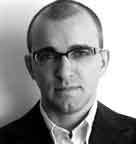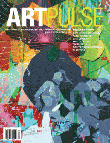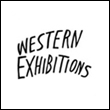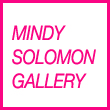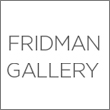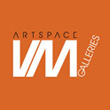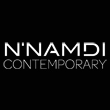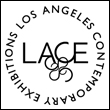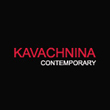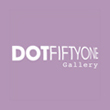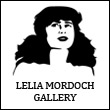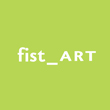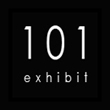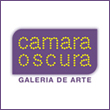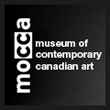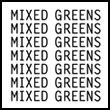« Features
PUSH TO FLUSH / The Curator’s Paradox
The curator is looking for himself. I guess that’s what is happening to most of us engaged in curating, be it freelance or for an institution, so you may well consider this article a kind of mea culpa based on my own experiences. The funny thing now is that everybody wants to be a curator these days. I guess this has been going on since the advent of this thought-provoking 21st century. Low cost travel, Internet and e-mail, and now Facebook and the glamour associated with curatorship have turned it into a highly demanded profession. And I guess all these compact curatorial short trainings like the ones offered by Bard College, De Appel, and the super-trooper curatorial seven-day intensive organized by the New Yorkian Independent Curators International (ICI) also increase demand. Saskia Bos, former director of the De Appel Curatorial Training Programme (CTP) said that candidates ‘made good contacts’ during the course. That must be true, but most exhibitions at De Appel curated by these strongly motivated participants, according to a De Appel press release, really suck.
The curator is in crisis, some curators like Spaniard Montse Badia argue. But who is the curator? What does the curator stand for? What does it mean to be a curator? In order to answer these questions, we would first be obliged to define clearly what a curator is and what curating means. For many ‘ships’ like curatorship, there is not a clear and sole definition. And this is so because there are just too many variants and interpretations, even if the profession is relatively young. So we will skip the ‘whats’ and go for the ‘whos’ in a minute.
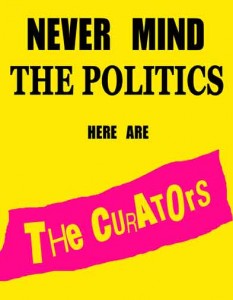
Marc Bijl, Never Mind the Politics, Here are the Curators, 2005, poster, Courtesy Upstream Gallery, Amsterdam
Society is in crisis. So is the curator. Society has become unpredictable, diffuse, and voluble. So has the curator. Society is a paradox. And paradox stems from Latin “paradoxum,” meaning a statement seemingly absurd yet really true. Let’s figure out then how society looks according to young Dutch philosopher Rob Wijnberg in his much read book “En mijn tafelheer is Plato” (And my tablemate is Plato) and what characterizes it. 1) Individualization: it’s not about ‘belonging’ anymore but about ‘being yourself.’ 2) Un-ideologization: grand narratives have disappeared and ideologies have become unimportant. 3) Economization: the state has marketed its public functions and only cares about cost control, effectiveness, and efficiency. 4) Globalization. 5) Mediatization: democracy has turned into a “mediacracy,” and culture into visual culture. These five elements, Wijnberg argues, are having great effects on society. Basically it means that we are no longer citizens but consumers in a bigger world, more individualistic than ever, with a lack of ideology, and permanently bombed and scared off by the media.
CURATOR’S TYPOLOGIES
So this brings us back to the curator. Maybe a simple classification can bring us nearer to his paradoxical state of being. We could start with 1) the Extraterrestrial curator: He is always on air, like Hans Ulrich Obrist, a.k.a. HUO, with so many projects, shows, books, panels, and events that everything he does-be it an exhibition like “Indian Highway,” a book, or a marathon of interviews-becomes liquid, leaves no trace behind, and evaporates in the air, like a visitor with a V. Then there is 2) Prima Donna curator, for example, Jens Hoffman, who has been trained in theater and uses, according to Wikipedia, ‘his directorial knowledge in particular to articulate his unique approach to curating,’ besides behaving like a ‘primo uomo,’ grand and demanding. We could continue with 3) DIY curator, id est, the do-it-yourself curator, like Okwui Enwezor at the Seville Biennale, for example. The DIY curator sends a list and a curatorial statement and disappears until the opening, even if most of the artists’ works are not on display. Finally, we could finish with 4) Factotum curator, which, unlike the DIY curator, does practically everything him or herself, from providing the concept, looking for transport budgets, sponsor raising, and writing the exhibition labels to publicizing the show and lobbying among writers he knows. I presume that this last category is where most of the curators are hosted.
Now the problem is that the crisis has made the curators’ jobs even more paradoxical: they have to assume more tasks, and they have turned into people exhibiting apparently contradictory characteristics that on too many occasions conflict with expectations by the hiring institution or the participating artists. And here is the big issue: the artists. Without them and their hard work, creativity, and generosity, this circus wouldn’t exist. But too many people in the business forget this small detail too often, and the artists don’t get the acknowledgement they deserve in the form of an artist fee and production allowance. Some have even gone a little bit further and started appraising themselves as artists, pushing the level of authorship a curator can take. (It reminds me of Marina Abramovic’s video “the Curator is Present, the Artist is Absent.”)
So for me being part of the gang, the curator has become an abstract, dubious, un-ideological character, but at the same time wanted and sought-after, like David Guetta. I guess it’s the spirit of our ‘curated’ times!

